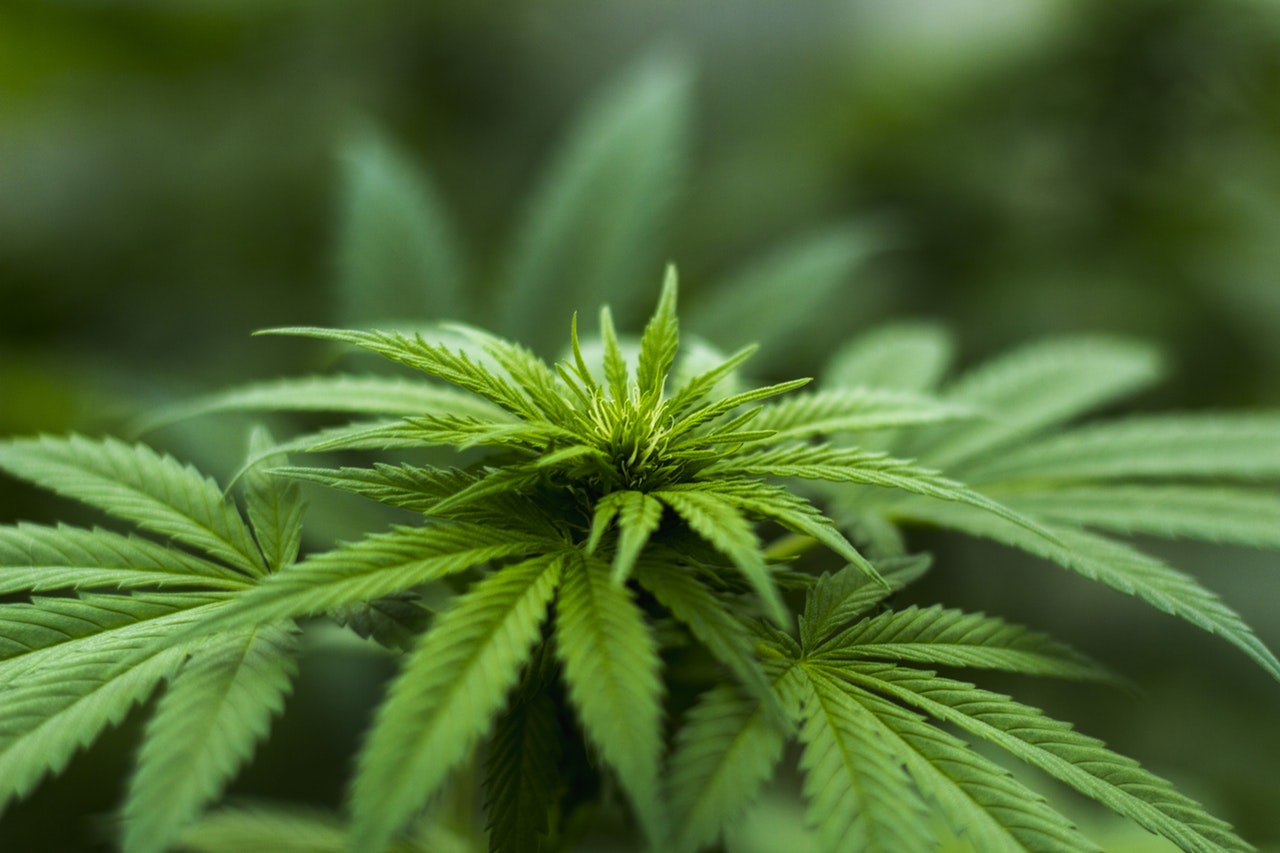Is there a connection between depression and Marijuana. Since weed is legal in Colorado, we get asked often about the effect of marijuana on depression, and if marijuana use can cause depression. We also get asked a lot if marijuana can help depression. Let’s look at each of these questions one at a time: Is there a connection between Depression and Marijuana? The short answer is yes, there is a connection between depression and marijuana, but it’s not clear yet if marijuana use can cause depression or make it worse. The research shows that people that smoke weed regularly have higher rates of depression than people who don’t partake. A recent study done on men showed a correlation between beginning to use marijuana early in life (early to mid-teens) and the likelihood of depression as an adult. However, a few other factors mediated this relationship. Meaning, these other things could also explain the connection: Martial status (if you’re single or coupled up) Employment status (being unemployed can lead to depression) Using other substances like tobacco and alcohol Education level (they found more education leads to less depression, probably due to better job prospects and higher income) Can using Marijuana cause Depression? The best answer from research is no, using marijuana by itself cannot cause depression. Depression is a mental health issue that’s extremely common, and usually comes and goes for people throughout their lifetime. While some people will struggle with depression throughout their lives, it’s much more common to have a depression episode due to a stressful life event, like losing a loved one, losing a job, feeling stagnant in your life or having a fallout with a close friend. Will smoking Marijuana help my Depression or make it worse? There’s some evidence that shows using marijuana can make depression worse, if you already feel depressed. This isn’t really due to the effects of weed on the brain, it’s more due to the fact that using any substance (weed, alcohol, you name it) to cope with problems can worsen depression. Using a substance to avoid uncomfortable feelings or to numb feelings tends to keep people stuck in the situation they are in, rather than help them change behaviors to feel better. Marijuana can be especially unhelpful for depression because it tends to sap people’s motivation to do much at all, and so they don’t work to change their relationships, get a better job, work on themselves, or resolve a past wound. There’s noting overtly harmful about using Marijuana if you are depressed, and occasional sue will probably not worsen depression, but doing other things like getting counseling, talking to a friend, or engaging in an activity will be much more helpful if you are struggling with depression.



